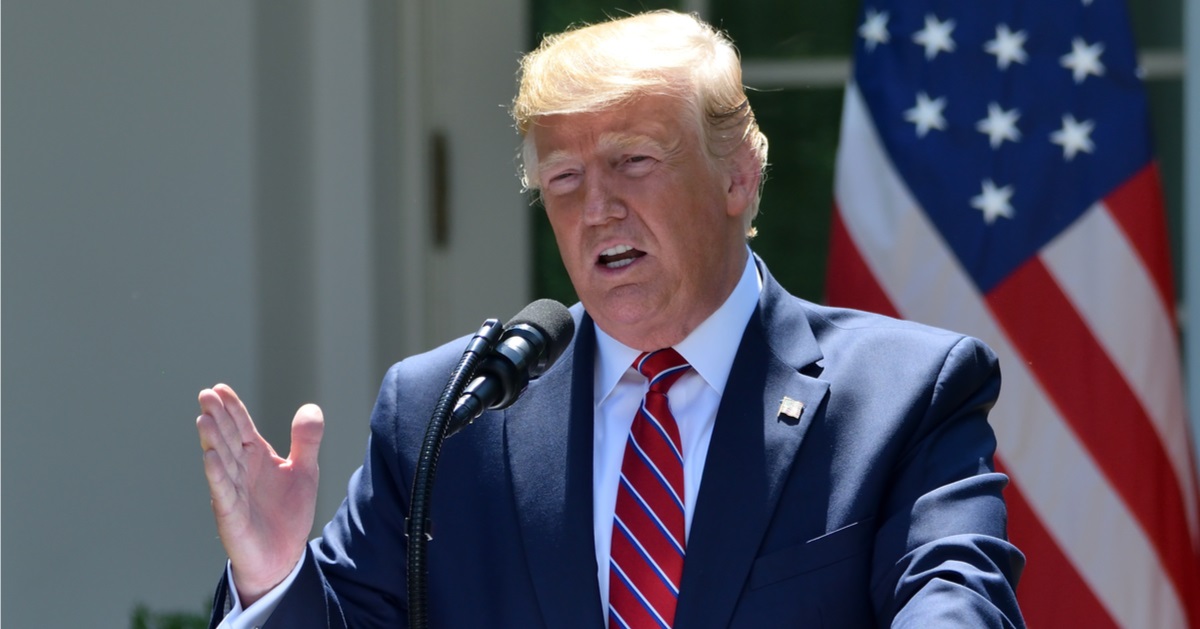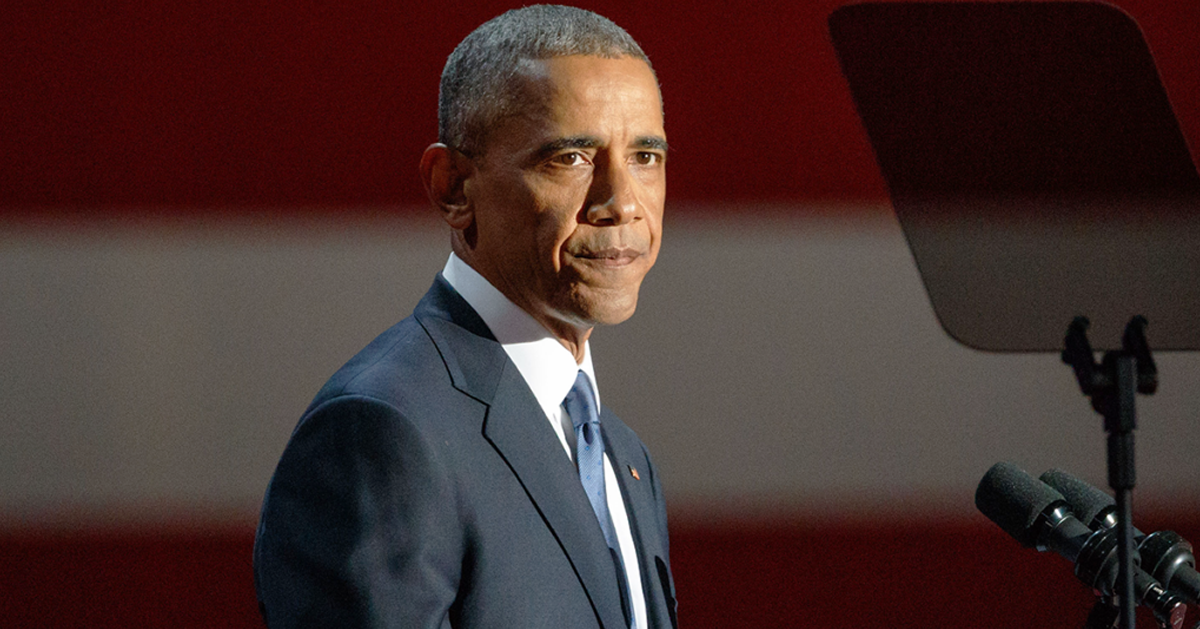Supreme Court temporarily blocks order for Trump to fully fund SNAP benefits for November
Earlier this week, a federal judge in Rhode Island ordered the Trump administration to raid a special fund set aside for children's nutrition to scrounge up $4 billion by the end of Friday to cover the full benefits for November for all recipients of the Supplemental Nutrition Assistance Program, or SNAP.
On an emergency appeal, and with just hours to spare, the Supreme Court granted the administration's request to issue a temporary pause on the district court's order, according to The Hill.
The high court's ruling, which does not address the underlying merits of the case, appears to be intended to buy time for and prod action from the appellate court, which initially passed on a timely request to address the pressing issue before Friday's deadline.
District court's order appealed
SCOTUSblog reported that U.S. District Judge John McConnell Jr., who'd previously ordered the administration to use a special contingency fund for emergencies instead to cover roughly half of November's unfunded SNAP benefits, further ordered the administration to repurpose another separate emergency fund for children to cover the month's SNAP benefits fully.
With the judge's Friday deadline fast approaching, the administration turned to the First Circuit Court of Appeals for an administrative stay of the order pending an appeal, but that court declined to take any immediate action, which set up an emergency appeal for intervention to the Supreme Court.
After that emergency appeal was filed, however, the appellate court announced that it would act "as quickly as possible" to consider and rule on the administration's initial request for a stay.
Temporary reprieve granted
Late Friday evening, in a two-page order signed by Justice Ketanji Brown Jackson, who has jurisdiction over matters in the First Circuit, the Trump administration's request for an emergency administrative stay of the district court's order was granted.
"Given the First Circuit’s representations, an administrative stay is required to facilitate the First Circuit’s expeditious resolution of the pending stay motion," Jackson wrote.
"IT IS ORDERED," she continued, "that the District Court’s orders are hereby administratively stayed pending disposition of the motion for a stay pending appeal in the United States Court of Appeals for the First Circuit in case No. 25-2089 or further order of the undersigned or of the Court."
"This administrative stay will terminate forty-eight hours after the First Circuit’s resolution of the pending motion, which the First Circuit is expected to issue with dispatch," the justice added.
Activist judge overstepped his bounds
SCOTUSblog reported that the administration has argued that, per its interpretation of the laws governing SNAP, it would be illegal for them to do as the district court ordered and repurpose money from other separate programs to instead cover SNAP during a period when it lacks properly appropriated funding from Congress.
Furthermore, if the judge's order is permitted to stand, the administration warned that it would "metastasize and sow further shutdown chaos. Every beneficiary of a federal program could run into court, point to an agency’s general discretion to prioritize funding, and claim that failing to prioritize their chosen program" is a violation of the law or constitutional rights.
Meanwhile, Attorney General Pam Bondi declared of the lower court's "judicial activism" that, "A single district court in Rhode Island should not be able to seize center stage in the shutdown, seek to upend political negotiations that could produce swift political solutions for SNAP and other programs, and dictate its own preferences for how scarce federal funds should be spent."
She further quoted from the administration's filing with the Supreme Court, which explained, "The core power of Congress is that of the purse, while the Executive is tasked with allocating limited resources across competing priorities. But here, the court below took the current shutdown as effective license to declare a federal bankruptcy and appoint itself the trustee, charged with picking winners and losers among those seeking some part of the limited pool of remaining federal funds."




